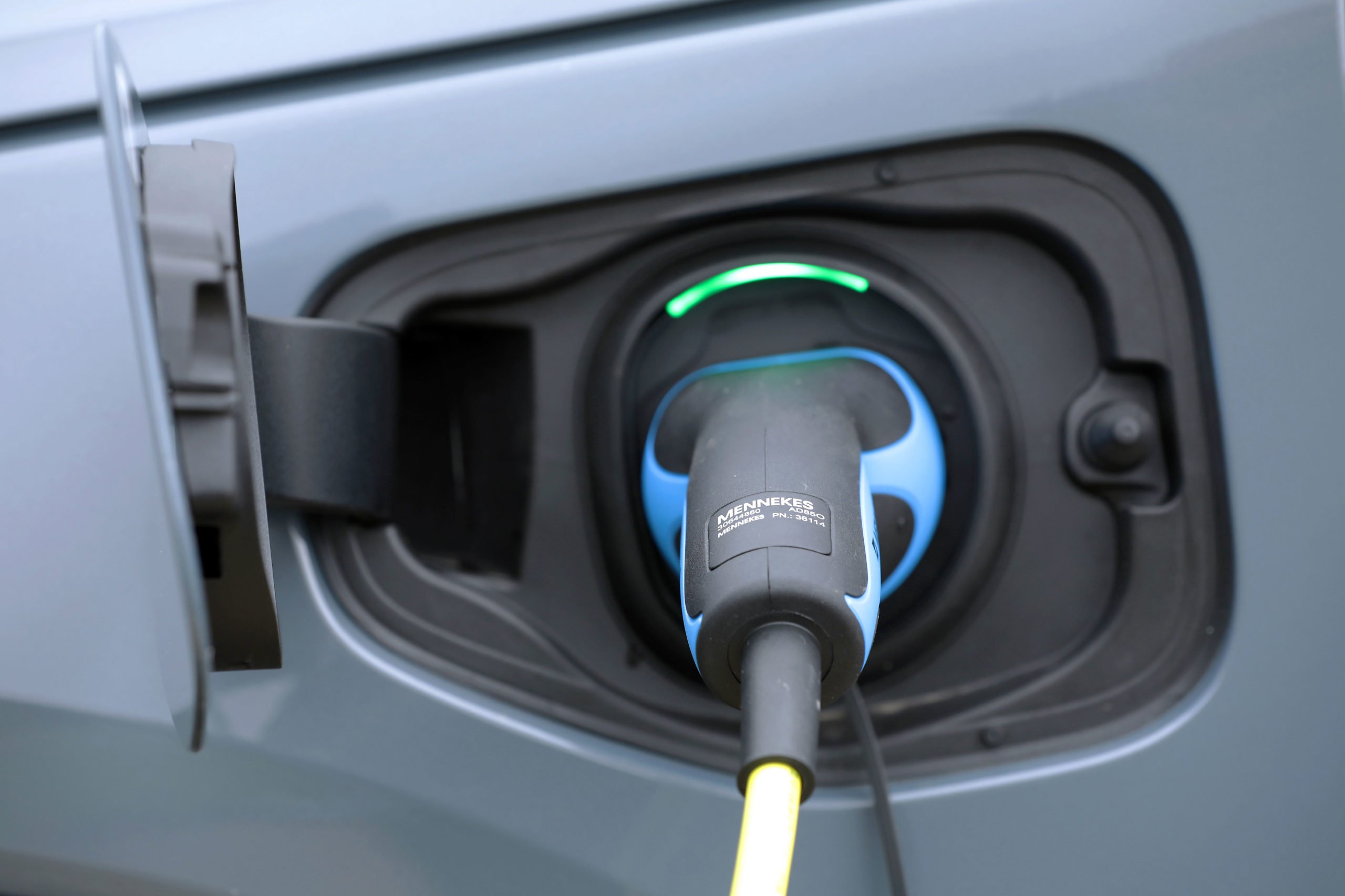
Britain’s industrial competitiveness is as important as ever for the UK auto sector as countries around the world vie for green investment in the race to decarbonise – and new SMMT figures out this week show the industry is in a good position. UK plants ramped up car production for the sixth consecutive month in February, with electrified vehicles now representing more than a third of the volume, while commercial vehicle output almost doubled. It’s clear that manufacturers are making the very best of the environment with huge investments by industry and government to deliver the net zero transition announced. The challenge, however, is constant as we must always contend with competitor nations that are equally trying to sustain or attract a modern, transformative auto industry.
The UK sector has its traditional advantages in terms of world-renowned R&D expertise, a highly skilled and flexible workforce, first-class products and famous brands as well as the global English language and economic openness. These alone, however, will not guarantee success in a new age of industrial competitiveness. In this likely election year, it is essential that all parties make a renewed commitment to industrial strategy so that whomever enters Number 10, we will have continuity and a plan for action. Such a plan must be cross-departmental, from transport to business, energy to environment, science and technology and, of course, trade. It must also encompass all elements of our sector.
Given exports are the pulse of our industry – with three quarters of UK-made vehicles and the same proportion of our very greenest cars going overseas last month – protecting free and fair trade with our biggest markets underpins our attractiveness as a manufacturing destination. The now inevitable introduction of tariffs on UK automotive exports into Canada from Easter Sunday is deeply disappointing and, while businesses will do what they can to mitigate against the immediate tariff costs, they can only do so much. Given the significance of Canada to the UK sector, the millions of pounds about to be added to the cost of trade and the detriment that will befall Canadian consumers, we urge all parties to be pragmatic, work through their differences and resume talks on an upgraded deal – with an immediate agreement to extend EU cumulation and so avoid tariffs.
Trade policy that facilitates industrial competitiveness must necessarily achieve reciprocal market access – and not just with our traditional partners but emerging markets poised for exponential growth. One such place could be Vietnam where, though its streets today are dominated by two-wheelers, a growing economy and rising incomes increase the prospects of its car and light commercial vehicle markets – just some of the reasons SMMT members are coming together to participate in the UK pavilion at Automechanika Ho Chi Minh City in June. To find out more and get involved, contact SMMT’s International team.
After a relentlessly busy first quarter, however, I hope you’ll be enjoying some deserved rest this Easter bank holiday, even if the clock change costs you an hour.


